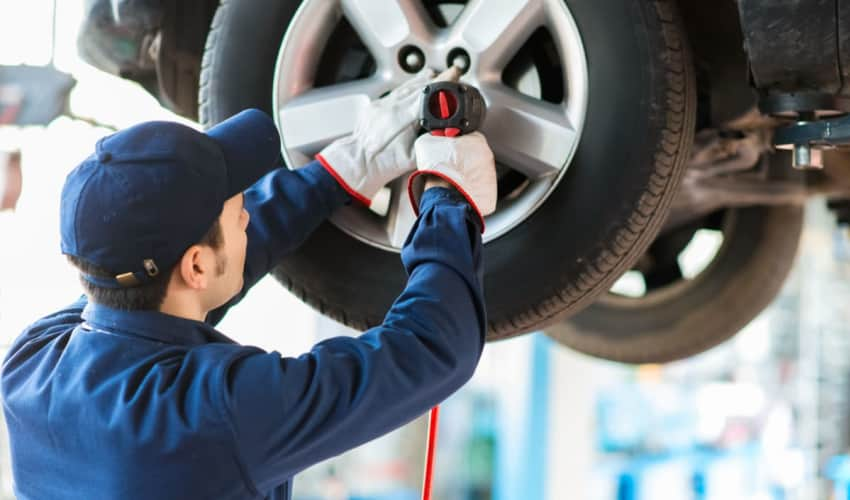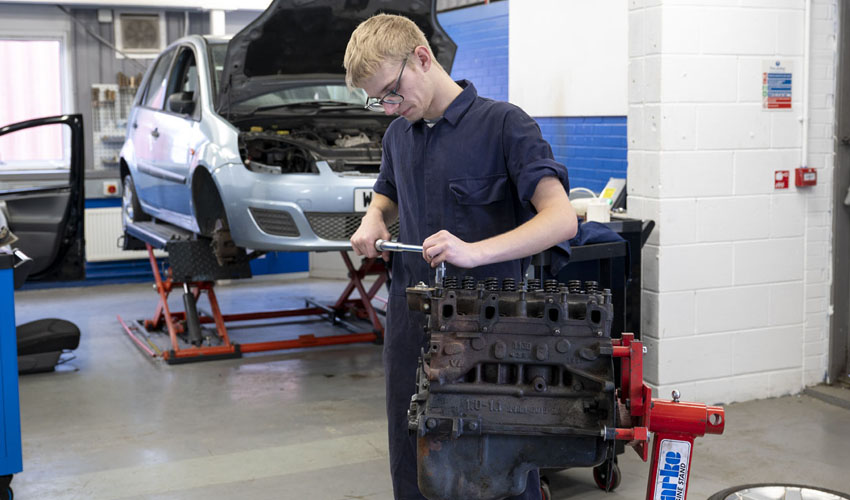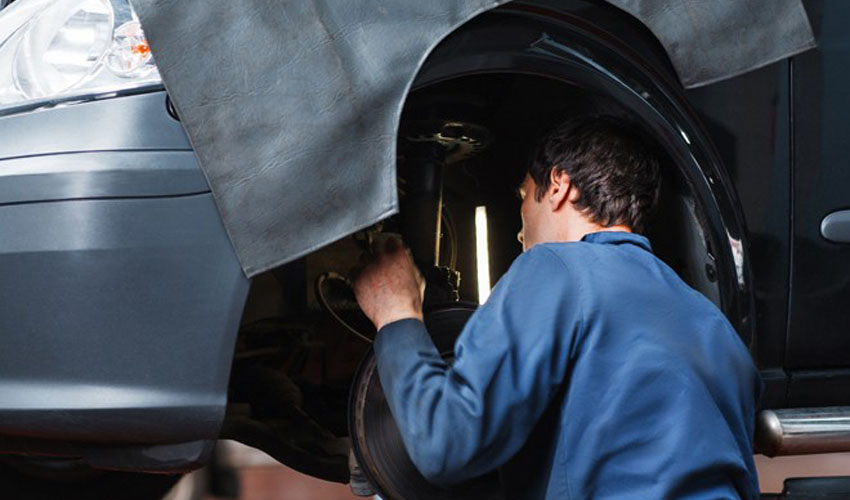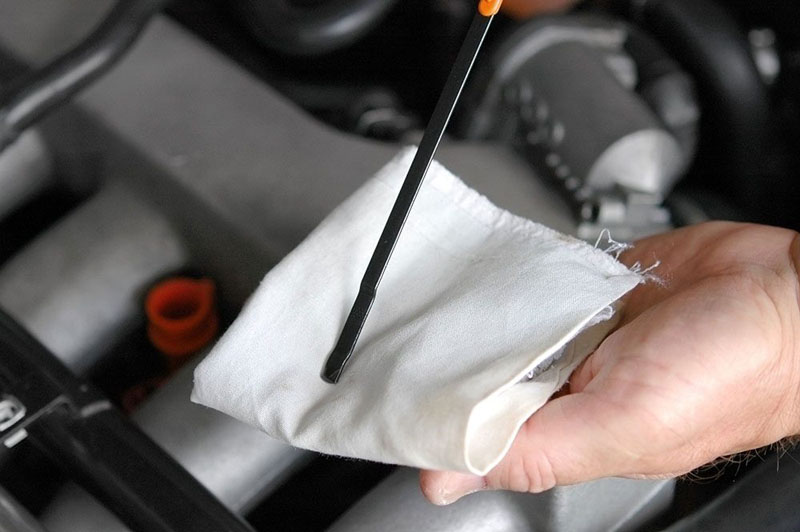Motor Vehicle Technology
STATEMENT OF INTENT: MOTOR VEHICLE
KITE College Motor Vehicle pathway staff strive to prepare every student to gain worthwhile employment. To obtain the skills required, we plan around each students needs and aspirations. We start with activities to encourage team building, safe working practices and collaborative learning, we then encourage peer teaching and add problem solving into all workshop sessions.
This Pathway includes the Institute of Motor Industry Entry level 3 Introduction to Vehicle Maintenance and Level 1 Automotive Maintenance award, certificate and diploma. Students can either progress through this pathway and continue to the Level 2 Inspection and
subsidiary diploma or come straight in at any level depending on previous experience and qualifications.
The KITE team are passionate about supporting our students to become rounded individuals and so continue to focus on verbal communication, body language, teamwork and ethos, accessing the wider community, safe working practices, mental health and the life skills
needed to gain and support a sustainable positive outcome.
Our passion is to allow our cohort to access best practice within the Motor Vehicle Industry. The curriculum is planned around our local Industry which has a high level of independent garages, body repair shops, car dealers and parts departments focused on the light vehicle
and passenger car pathway.
We are proud of our area, learners take care of the environment, take ownership of their learning and support each other. Motor Vehicle at KITE have continually received very positive feedback from parent/carer and learner surveys, outside agencies including visiting industry professionals and our awarding body the IMI.
Level 1 Certificate in Automotive Maintenance
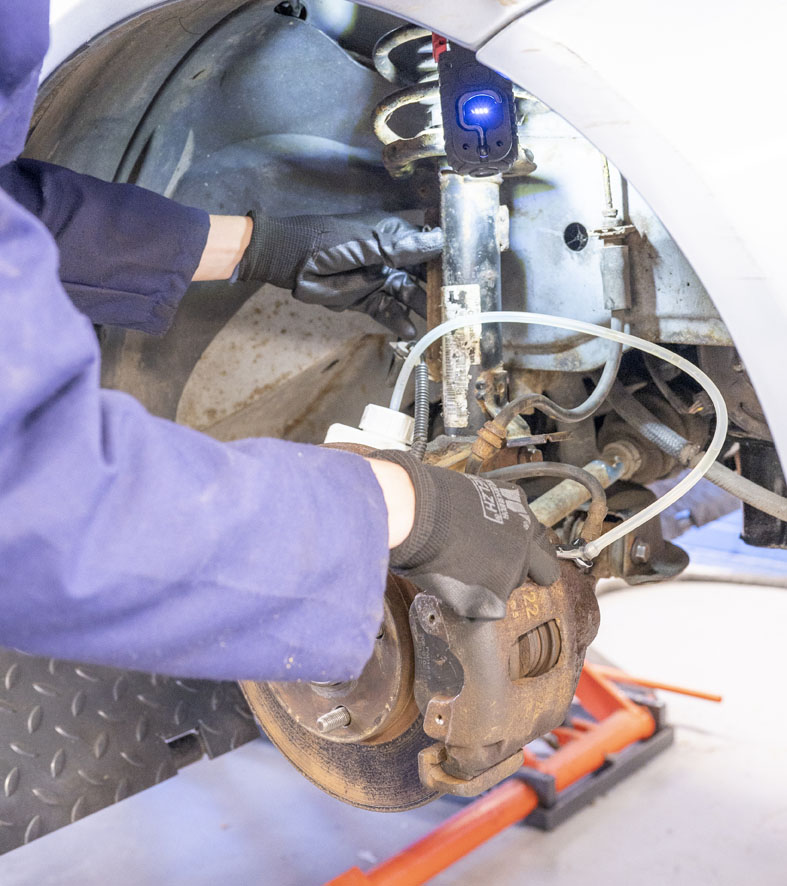
Who is it suitable for?
The level 1 Award, Certificate and Diploma is ideally suited to 16-23-year-old learners who have successfully completed the Entry level 3 or have GCSE’s D-F and enjoy the sector and wish to develop experience in a variety of motor industry sectors, at a level suiting their ability. The inclusion of Level 2 optional units also allows learners the opportunity to progress to a higher level, if they are able.
What are the aims of the course?
This qualification involves a practical approach to assessment and includes many visual questioning techniques which stimulates and draws interest to learners.
The qualification’s combination of units provides learners with the flexibility in the choice of the areas they wish to develop their knowledge and skills in.
All learners will cover mandatory introductory units in Health and Safety, Communication, Career Pathways and Hand Tools all relevant within the automotive industry.
This qualification consists of a combination of units from:
• PSD units covering the knowledge/skills required in the automotive working environment
• Specialist units covering areas such as Light Vehicle
• Tools, Equipment and Material units that are essential in the workplace
• Level 2 units in various automotive specific areas
• Foundation Skills
What areas are covered in this course?
• Health & Safety
• Locating, Interpreting & Using Technical Information
• Applying Engineering Techniques in an Automotive Environment
• Knowledge in Automotive Foundation Skills
• Low Carbon Technologies
• Retail Motor Industry
• Tools & Equipment
• Liquid Cooling, Lubrication, Steering & Suspension, Braking, Wheels & Tyres
• Exhaust Systems, Spark Ignition, Lighting, Electrical
How is the course assessed?
The assessments for this qualification have a practical focus and combine various assessment styles/methodologies in order to suit the subject and levels of units contained within it. Learning outcomes are set at unit level and are achieved by following task based, oral assessments and online assessments.
What will I be able to go on to after I’ve completed the course?
After completing this qualification, the learner has the opportunity to progress onto an apprenticeship, traineeship or higher level of education.
What else you will do
Mental Health & Wellbeing support and Training
Mental wellbeing among learners has been estimated to be around half the level of non-students. What makes matters worse is that mental health has historically been something that many people don’t feel able to openly acknowledge or discuss.
KITE College wants to ensure that all learners are equipped with a baseline awareness of mental health and wellbeing and have the skills to respond to mental health difficulties.
Our new Supporting learner Mental Health & Wellbeing e-learning course aims to change that! It provides you with a practical understanding of mental health and wellbeing, and ensures you have the skills to respond to mental health difficulties and to help you overcome any difficulties you encounter.
Learning Support
Becoming a learner at KITE College, your goals and aspirations become ours and we will give you all the help and support you need to achieve them.
We have a dedicated, highly qualified and experienced teaching and support staff working collaboratively with cross-college teams in efficiently assessing a student’s needs as well as organising and implementing a wide range of support programmes, each tailored to their individual requirements.
Life Skills
Life Skills are any skills you need to manage the activities and challenges of everyday life effectively. Mastery and development of these skills can improve all areas of your life, from your work to your relationships. They allow you to handle almost everything better, from processing your emotions more effectively to interacting with others. Some of the key areas you will focus on are:
• Managing Time
• Managing Money
• From here to there
• Communication
• Personal Relationships
• Healthy Living
• Citizenship
Employability Skills
Employability Skills can be defined as the transferable skills needed to make you ‘employable’. Along with good technical understanding and subject knowledge, employers often outline a set of skills that they want from an employee. These skills are what they believe will equip the employee to carry out their role to the best of their ability.
Functional Skills
Functional Skills qualifications are key to building foundations for you to progress into your specialist skillsets. These subjects are a vital part of the entry/exit requirement for vocational study, apprenticeships and traineeships.
Learners who are entitled to extra support can also apply for: Free College Meals, Assisted Travel and Learner Bursaries.
Want to know more? Please contact: Reception@kite-college.org
Level 2 Diploma in Vehicle Inspections

Who is it suitable for?
The level 2 Diploma is for 16-23 year old students that have either a back ground in the Motor Vehicle Industry or achieved a Level 1 certificate or Diploma, GCSE’s D-F and enjoy the sector and wish to develop experience in a variety of motor industry sectors, at a level suiting their ability. The inclusion of Level 3 optional units also allows learners the opportunity to progress to a higher level, if they are able.
What are the aims of the course?
This qualification involves a practical approach to assessment and includes many visual questioning techniques which stimulates and draws interest to learners.
The qualification’s combination of units provides learners with the flexibility in the choice of the areas they wish to
develop their knowledge and skills in.
All learners will cover mandatory introductory units in Health and Safety, Tools and Equipment both relevant within the automotive industry.
• Health and Safety in the work place
• Tools, Equipment and Material units that are essential in the workplace
• Inspecting, repairing and replacing light vehicle engine systems
• Inspecting, repairing and replacing light vehicle tyre systems
• Inspecting, repairing and replacing light vehicle brake, steering and Suspension systems
• Vehicle Inspections and servicing requirements
• Foundation Skills
What areas are covered in this course?
• Health & Safety
• Locating, Interpreting & Using Technical Information
• Applying Engineering Techniques in an Automotive Environment
• Knowledge in Automotive Foundation Skills
• Low Carbon Technologies
• Retail Motor Industry
• Tools & Equipment
• Liquid Cooling, Lubrication, Steering & Suspension, Braking, Wheels & Tyres
• Exhaust Systems, Spark Ignition, Lighting, Electrical.
How is the course assessed?
The assessments for this qualification have a practical focus and combine various ssessment styles/methodologies in order to suit the subject and levels of units contained within it. Learning outcomes are set at unit level and are achieved by following task based, oral assessments and online assessments.
What will I be able to go on to after I’ve completed the course?
After completing this qualification, the learner has the opportunity to progress onto an apprenticeship, traineeship or higher level of education.
What else you will do
Mental Health & Wellbeing support and Training
Mental wellbeing among learners has been estimated to be around half the level of non-students. What makes matters worse is that mental health has historically been something that many people don’t feel able to openly acknowledge or discuss.
KITE College wants to ensure that all learners are equipped with a baseline awareness of mental health and wellbeing and have the skills to respond to mental health difficulties.
Our new Supporting learner Mental Health & Wellbeing e-learning course aims to change that! It provides you with a practical understanding of mental health and wellbeing, and ensures you have the skills to respond to mental health difficulties and to help you overcome any difficulties you encounter.
Learning Support
Becoming a learner at KITE College, your goals and aspirations become ours and we will give you all the help and support you need to achieve them.
We have a dedicated, highly qualified and experienced teaching and support staff working collaboratively with cross-college teams in efficiently assessing a student’s needs as well as organising and implementing a wide range of support programmes, each tailored to their individual requirements.
Life Skills
Life Skills are any skills you need to manage the activities and challenges of everyday life effectively. Mastery and development of these skills can improve all areas of your life, from your work to your relationships. They allow you to handle almost everything better, from processing your emotions more effectively to interacting with others. Some of the key areas you will focus on are:
• Managing Time
• Managing Money
• From here to there
• Communication
• Personal Relationships
• Healthy Living
• Citizenship
Employability Skills
Employability Skills can be defined as the transferable skills needed to make you ‘employable’. Along with good technical understanding and subject knowledge, employers often outline a set of skills that they want from an employee. These skills are what they believe will equip the employee to carry out their role to the best of their ability.
Functional Skills
Functional Skills qualifications are key to building foundations for you to progress into your specialist skillsets. These subjects are a vital part of the entry/exit requirement for vocational study, apprenticeships and traineeships.
Learners who are entitled to extra support can also apply for: Free College Meals, Assisted Travel and Learner Bursaries.
Want to know more? Please contact: Reception@kite-college.org
Entry Level 3 Certificate Introduction to Automotive Maintenance and Repair

Who is it suitable for?
The Diploma is ideally suited to 16-23-year-old learners who enjoy the sector and wish to develop experience in a variety of motor industry sectors, at a level suiting their ability. The inclusion of Level 1 optional units also allows learners the opportunity to progress to a higher level, if they are able.
What are the aims of the course?
This qualification involves a practical approach to assessment and includes many visual questioning techniques which stimulates and draws interest to learners.
The qualification’s combination of units provides learners with the flexibility in the choice of the areas they wish to
develop their knowledge and skills in.
All learners will cover mandatory introductory units in Health and Safety, Communication, Career Pathways and Hand Tools all relevant within the automotive industry.
This qualification consists of a combination of units from:
• PSD units covering the knowledge/skills required in the automotive working environment
• Specialist units covering areas such as Light Vehicle
• Tools, Equipment and Material units that are essential in the workplace
• Level 2 units in various automotive specific areas
• Foundation skills
What areas are covered in this course?
• Introduction to Health and Safety
• Identifying Straightforward Problems in an Automotive Environment
• Introduction to Engine Components and Operation
• Introduction to Light Vehicle Steering and Suspension Systems
• Introduction to Component Fitting
• Routine Cooling and Lubrication System Checks
• Routine Braking System Checks
• Routine Wheel and Tyre Checks and Routine Vehicle Checks
• Spark Ignition System Maintenance
• Introduction to Lighting System Maintenance
• Cleaning a Vehicle Exterior/Cleaning a Vehicle Interior
• Introduction to Workshop Equipment
• Introduction to Vehicle Construction and Body Shapes
How is the course assessed?
The assessments for this qualification have a practical focus and combine various assessment styles/methodologies in order to suit the subject and levels of units contained within it. Learning outcomes are set at unit level and are achieved by following task based, oral assessments and online assessments.
What will I be able to go on to after I’ve completed the course?
After completing this qualification, the learner has the opportunity to progress onto an apprenticeship, traineeship or higher level of education.
What else you will do
Mental Health & Wellbeing support and Training
Mental wellbeing among learners has been estimated to be around half the level of non-students. What makes matters worse is that mental health has historically been something that many people don’t feel able to openly acknowledge or discuss.
KITE College wants to ensure that all learners are equipped with a baseline awareness of mental health and wellbeing and have the skills to respond to mental health difficulties.
Our new Supporting learner Mental Health & Wellbeing e-learning course aims to change that! It provides you with a practical understanding of mental health and wellbeing, and ensures you have the skills to respond to mental health difficulties and to help you overcome any difficulties you encounter.
Learning Support
Becoming a learner at KITE College, your goals and aspirations become ours and we will give you all the help and support you need to achieve them.
We have a dedicated, highly qualified and experienced teaching and support staff working collaboratively with cross-college teams in efficiently assessing a student’s needs as well as organising and implementing a wide range of support programmes, each tailored to their individual requirements.
Life Skills
Life Skills are any skills you need to manage the activities and challenges of everyday life effectively. Mastery and development of these skills can improve all areas of your life, from your work to your relationships. They allow you to handle almost everything better, from processing your emotions more effectively to interacting with others. Some of the key areas you will focus on are:
• Managing Time
• Managing Money
• From here to there
• Communication
• Personal Relationships
• Healthy Living
• Citizenship
Employability Skills
Employability Skills can be defined as the transferable skills needed to make you ‘employable’. Along with good technical understanding and subject knowledge, employers often outline a set of skills that they want from an employee. These skills are what they believe will equip the employee to carry out their role to the best of their ability.
Functional Skills
Functional Skills qualifications are key to building foundations for you to progress into your specialist skillsets. These subjects are a vital part of the entry/exit requirement for vocational study, apprenticeships and traineeships.
Learners who are entitled to extra support can also apply for: Free College Meals, Assisted Travel and Learner Bursaries.
Want to know more? Please contact: stuart.cumming@kite-college.org
Get in Touch
Phone
01795 476450
info@kite-college.org
Address
Unit 1 Bonham Drive, Eurolink Business Park, Sittingbourne, ME10 3RY





